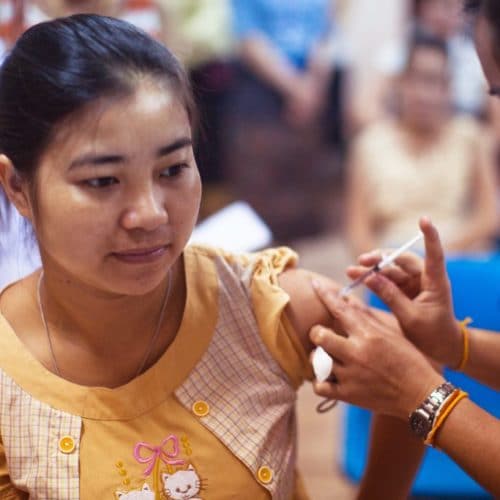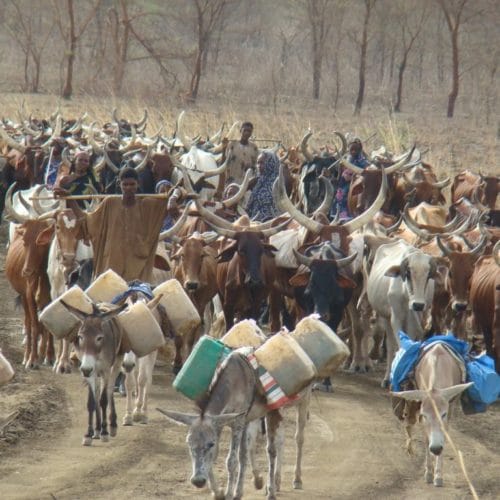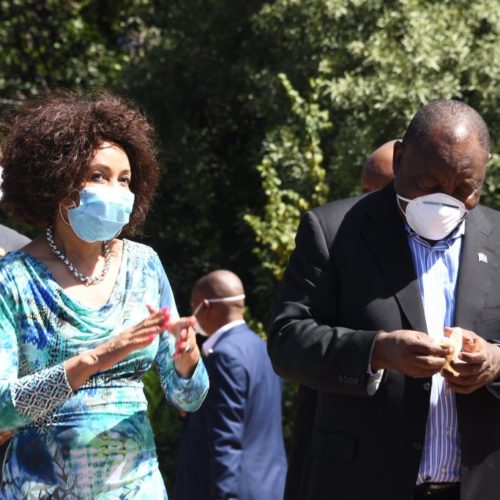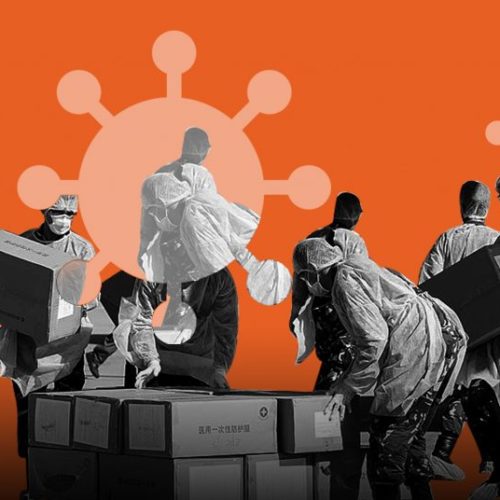Vaccine nationalism and vaccine diplomacy
This blog explores the factors impacting access to Covid-19 vaccines in the global south, including economic, political and intellectual property constraints.

This blog explores the factors impacting access to Covid-19 vaccines in the global south, including economic, political and intellectual property constraints.

After lockdowns and the related dire political, social, and economic consequences, the world has welcomed the news that several companies are approaching an effective vaccine for Covid-19. This blog asks what are the effects of these vaccines?

This blog explores the effects of Covid-19 in Gadarif in Eastern Sudan. Precarious food supplies and lacking border control could mean that the chances of containing the pandemic are slim.

This blog reflects on how the customary gatherings of Eid al-Fitr have not been possible in the same way as in other years for Muslims across the world.

This blog identifies political, economic and social risks related to coronavirus responses in Africa and emphasises the disproportionate burden carried by women.

As the Covid-19 pandemic is spreading across the globe, its impact touches all corners of society. What happens when the pandemic reaches areas that were already dealing with various sorts of humanitarian challenges? How are humanitarian operations being impacted both directly and indirectly?